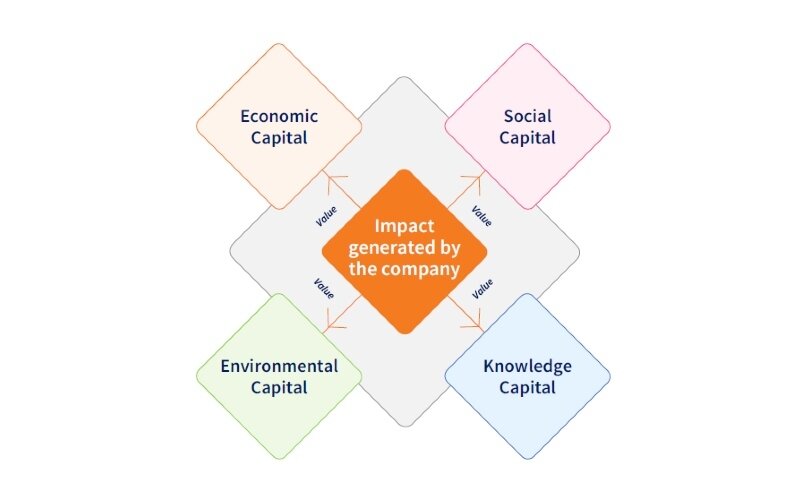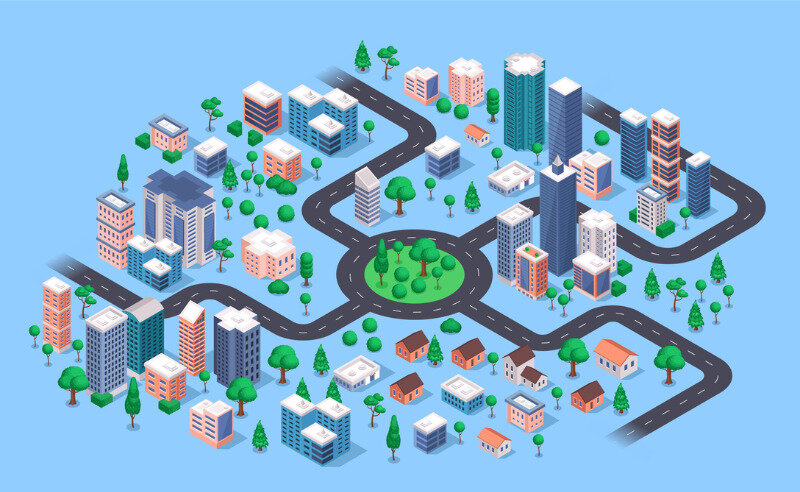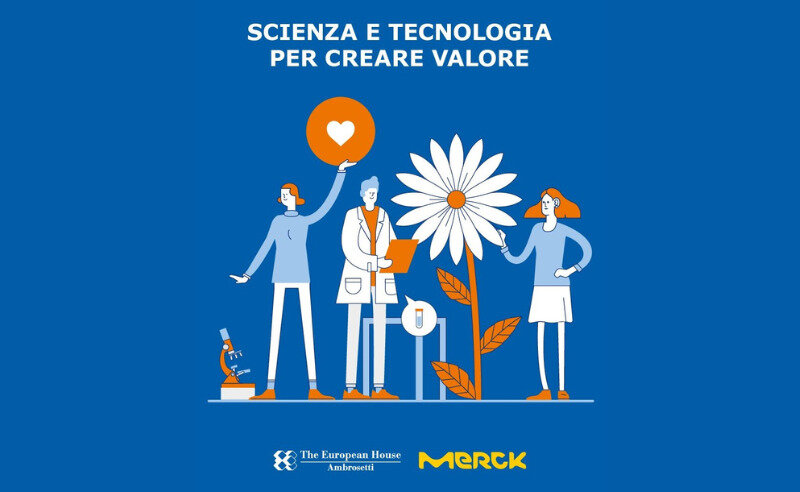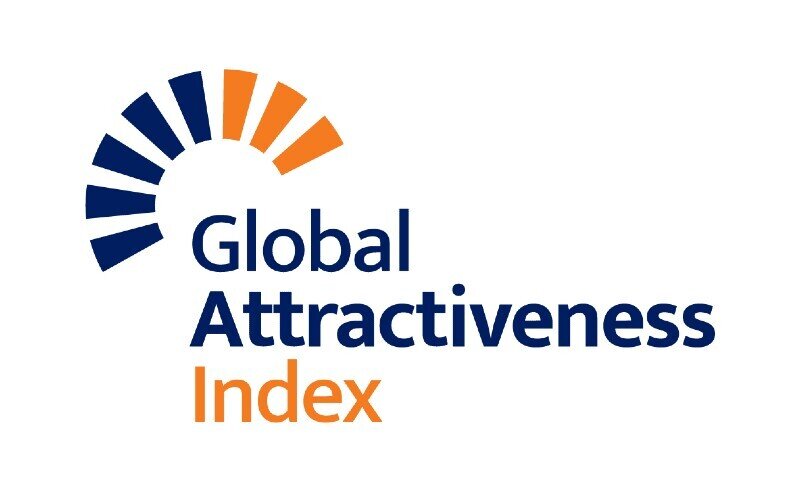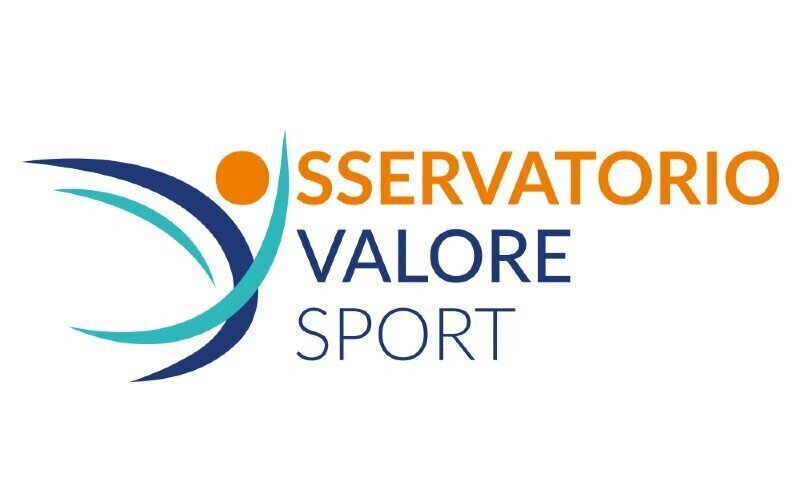We live in times of great change and transformation. Stakeholders are increasingly attentive, aware and demanding towards companies, especially on issues related to sustainability, return of value, and corporate commitment in facing today's great challenges. Companies and organizations need to be able to efficiently understand, measure and communicate their contribution to the creation of value, for their territory and their internal and external stakeholders.
The European House - Ambrosetti supports Italian and international players to identify, demonstrate and position the value generated by their business and communicate its distinctive features and positive impacts on the economy, society, and the environment.
Services
We develop measurement methods, impact simulation and estimation models, and new indicators and indexes. We identify and select topics of interest and areas of analysis with our customers, with a tailor-made and co-creation approach that varies according to their sector of activity and specific needs. The output is scientifically solid and far from being self-referential, and this allows to identify and support innovations and build effective narratives, which may:
- strenghten the brand image and reputation
- engage stakeholders
- advocate for relevant topics and strategic priorities with the institutions
- support impact policy-making
- generate opportunities for new relationships, business growth and development
The proprietary 4 Capitals model is a multidimensional and multi-level (local, regional, national, international) impact analysis framework, which combines quantitative methodologies and qualitative approaches. The model makes it possible to enhance the distinctiveness of the companies under study, analysing their performance, measuring their contribution to the generation of value for stakeholders and evaluating their impacts over time and in comparison with reference benchmarks. The contents developed with the 4 Capitals model support, in a synergic key, the positioning and communication activities towards the organisation's inside and outside, also through the development of tools of presentation and visualisation of data and results that is adaptable to all communication channels, from the press to social media.
Urban Regeneration
Aware of the increasing importance that value creation and its measurement is gaining in the Real Estate sector and especially in Urban Regeneration interventions and for all the stakeholders involved, TEHA Group has developed a specialised area of study declining its proprietary multidimensional impact measurement model, based on the ‘4 Capitals’ framework, with respect to the specific features, needs and priorities of the sector. The model, already successfully applied to the main regeneration interventions in Italy, measures the multidimensional impacts associated with the distinctiveness and characteristics of each intervention in terms of economic, social, cognitive and innovation, and environmental value creation.
The model considers both tangible impacts (contribution to GDP, support to the economy in terms of turnover, value and environmental performance, job creation, quantification of investments activated, creation of real estate value, etc.) and intangible impacts (increase in attractiveness, liveliness, quality of life, response to specific needs of the territories, etc.). Tangible impacts are measured not only directly, but also indirectly (economic and employment impacts generated by the activation of economic supply chains as a result of subcontracting expenditure) and induced (economic and employment impacts generated by household consumption as a result of wages received directly and indirectly by the companies in the supply chains involved).
It also measures the impacts of operating and managing each of the realised assets, once in operation, and of the development as a whole, once construction is complete. This measurement may occur ex-ante, on the basis of estimates and parametric business plan data, or ex-post, once part or all of the development has been realised, facilitating continuous monitoring to support the decision-making choices of a developer, operator or Public Administration. The model is also broader, but coherent and synergic with the main sector standards that have a vertical logic (ESG metrics, SDGs, LEED certification, WELL, Wiredscore, etc.; ENEA parameters and guidelines for the cost-benefit analysis of European Commission investment projects, etc.).
On the basis of its experience in measuring the impacts of Urban Regeneration, aware of the need for the sector to transcend purely financial logics; to adopt a collaborative ‘supply chain’ approach; and to develop concrete projects and investments and effective public-private partnership schemes, TEHA Group decided to establish the dedicated ‘Value of Urban Regeneration Community’, aimed at sector stakeholders.
Value of Urban Regeneration Community
Thematic platform that contributes to promoting and accelerating sustainable and measurable Urban Regeneration over time in the Italian territory.
Learn moreRecent researches and publications
Over the years, we have designed and developed several composite indexes, including the Global Attractiveness Index (GAI).
Built in 2016, the GAI was created with the ambition of offering to Italian and international decision-makers an innovative index that provides a comprehensive measure of the attractiveness and competitive sustainability of 148 economies in the world. The methodological structure, certified by the Independent Statistical Audit of the Joint Research Center of the European Commission, is based on a multiplicity of indicators representing all the characteristics that stimulate the dynamism and growth of a country.
Learn more about the IndexValue of Sport Observatory
A platform for high-level analysis of the sport sector in Italy, aimed at its strategic and qualified positioning with the key decision makers of the country and its supply chains.
Learn more
Emiliano Briante
Partner; Head of Business & Policy Impact Practice


